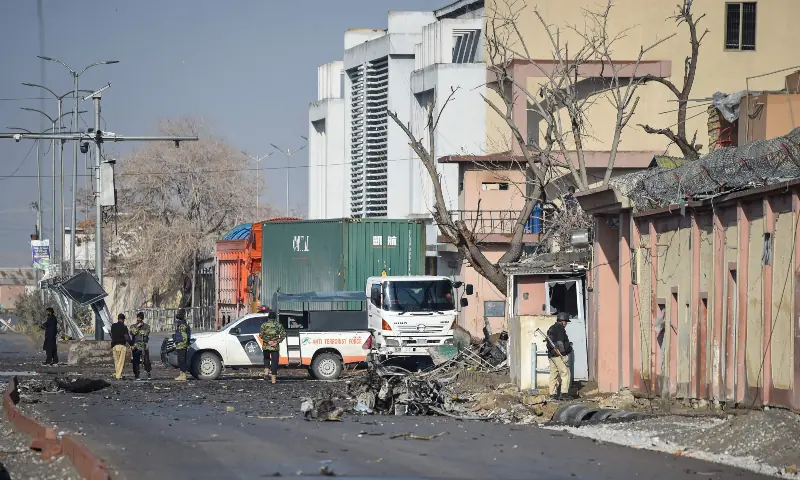Dhaka: Bangladesh has secured a two-year deal to import 400,000 tons of fertilizer from Saudi Arabia, the Bangladesh Agricultural Development Corporation said on Sunday as the South Asian country seeks to boost its food security.
Bangladeshi officials have been working to increase food production as the country faces rising food demand amid decreasing farming land due to rapid urbanization and a growing population.
The BADC signed the new agreement with Saudi state-owned company Ma’aden in Riyadh on Dec. 15, following years-long cooperation between them.
“Good quality fertilizer plays a vital role in ensuring food security for our 175 million people. This fertilizer helps us increase productivity by many folds,” BADC general manager Ahmed Hassan Al-Mahmud told Arab News.
Also See: Pakistan-Bangladesh Education Scholarship: A New Chapter in Diplomatic Ties
Under the latest deal, Ma’aden will supply 400,000 tonnes of diammonium phosphate fertilizer every year until 2026 and provide training for Bangladeshi farmers.
“The Saudi state-owned fertilizer company offered to provide training for our farmers, for the purpose of knowledge transfer on optimizing the use of the DAP fertilizers,” Al-Mahmud said, adding that Ma’aden has also offered to build fertilizer warehouses in Bangladesh.
The Saudi imports will contribute to about one-third of Bangladesh’s annual DAP fertilizer needs, which stands at about 1.3 million tonnes, he added.
Bangladesh also stands to benefit more from the latest agreement, as the fertilizers cost $2 less per tonne compared to the average market price.
“It will save us a significant amount of money,” Al-Mahmud said. “Saudi Arabia has been our trusted supplier for a long time, and we can purchase it at a reasonable rate compared with other sources.”
While the South Asian nation also imports from China and Morocco, Al-Mahmud said that the Kingdom was a “dependable and reliable source.”
He added: “We have been importing fertilizer from the Kingdom for more than 15 years. It takes only around 2 weeks to import fertilizer from the Kingdom, while from Morocco it takes more than 6 weeks. From that perspective also, Saudi Arabia is our preferred country for importing fertilizer.”
This news is sourced from Arab News and is intended for informational purposes only.

![Bangladesh signs a two-year deal with Saudi Arabia to import 400,000 tons of fertilizer to boost food security. [Image via BADC]](https://southasiatimes.org/wp-content/uploads/2024/12/4558898-136579932.webp)




